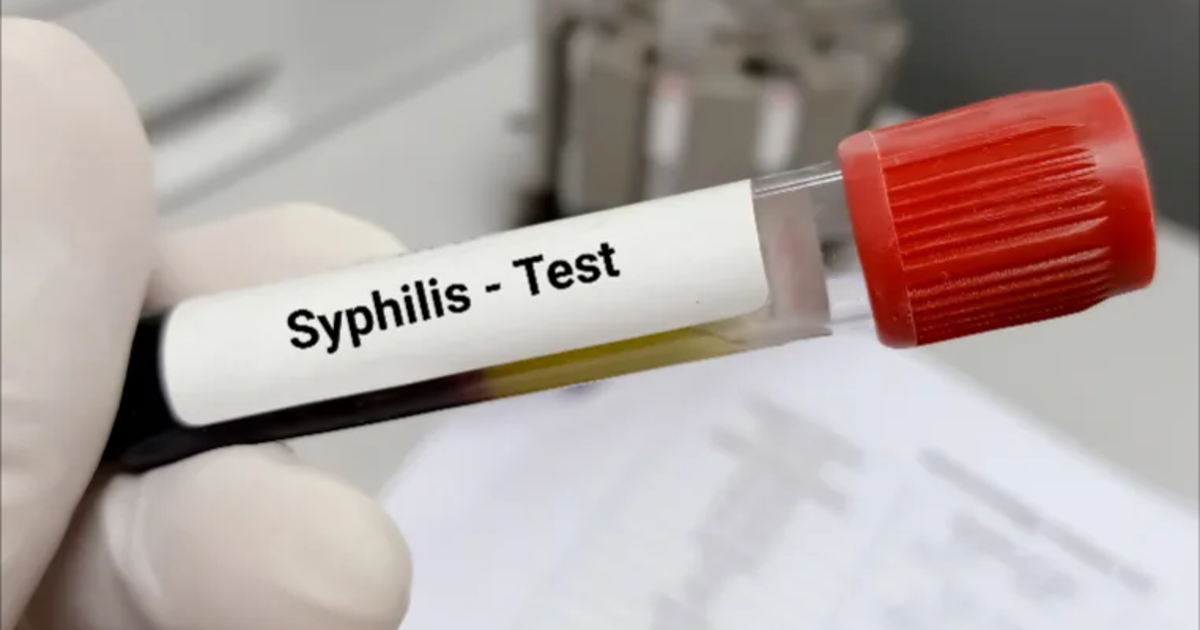Taipei, July 8, 2025 — In response to a continued increase in syphilis cases among young people, Taiwan’s Centers for Disease Control (CDC) has introduced a free rapid testing program for individuals under the age of 24.
The initiative, which began on July 1, is being implemented across 13 hospitals nationwide, including major medical centers in Taipei, Taoyuan, Hsinchu, Taichung, Tainan, and Kaohsiung. Participants can receive a syphilis test without presenting a National Health Insurance (NHI) card, the CDC confirmed.
📍 Participating Hospitals Include:
-
Taipei: Taipei City Hospital, Taipei Veterans General Hospital
-
Taoyuan: Taoyuan General Hospital, Chang Gung Memorial Hospital
-
Hsinchu: Mackay Memorial Hospital
-
Taichung: Taichung Veterans General Hospital, Chung Shan Medical University Hospital
-
Tainan: National Cheng Kung University Hospital, Chi Mei Hospital
-
Kaohsiung: Veterans General Hospital, Chung-Ho Memorial Hospital, Min-Sheng Hospital, Gangshan Hospital
At a press briefing, Chan Pei-chun (詹珮君), deputy head of the CDC’s Division of Chronic Infectious Disease, highlighted the concerning rise in youth infections. According to Chan, there have been 956 reported syphilis cases among individuals aged 13 to 24 in the first half of 2025—a 13% increase compared to the same period in 2024.
In total, 4,912 syphilis cases were reported nationwide from January to June 2025, reflecting a 6% rise from the 4,635 cases recorded in the same period last year. Among young people, 1,773 infections were reported in 2024, up from 1,490 cases in 2023—marking a 19% year-on-year increase.
By contrast, infections from other sexually transmitted diseases such as HIV and gonorrhea have declined. From January to June 2025, Taiwan recorded 438 new HIV cases, a drop from 508 last year, while gonorrhea cases fell from 3,754 to 3,048.
Lo Yi-chun (羅一鈞), CDC Deputy Director-General and spokesperson, noted that the syphilis testing program has no expiration date or patient quota, allowing continuous access for eligible individuals. He emphasized the importance of early detection, explaining that untreated syphilis can progress through multiple stages and may eventually lead to neurological complications.
The program is part of broader public health efforts to raise awareness and promote early diagnosis and treatment of sexually transmitted infections among Taiwan’s youth.



